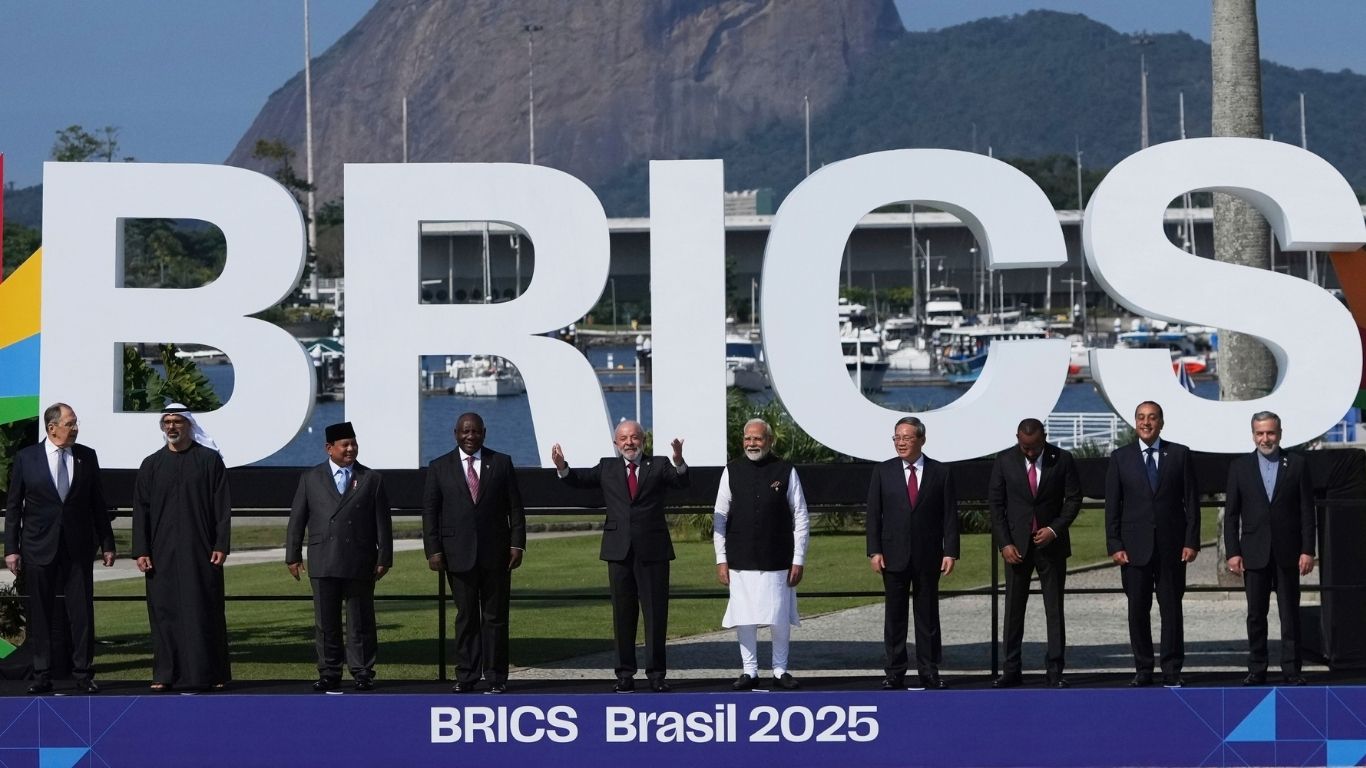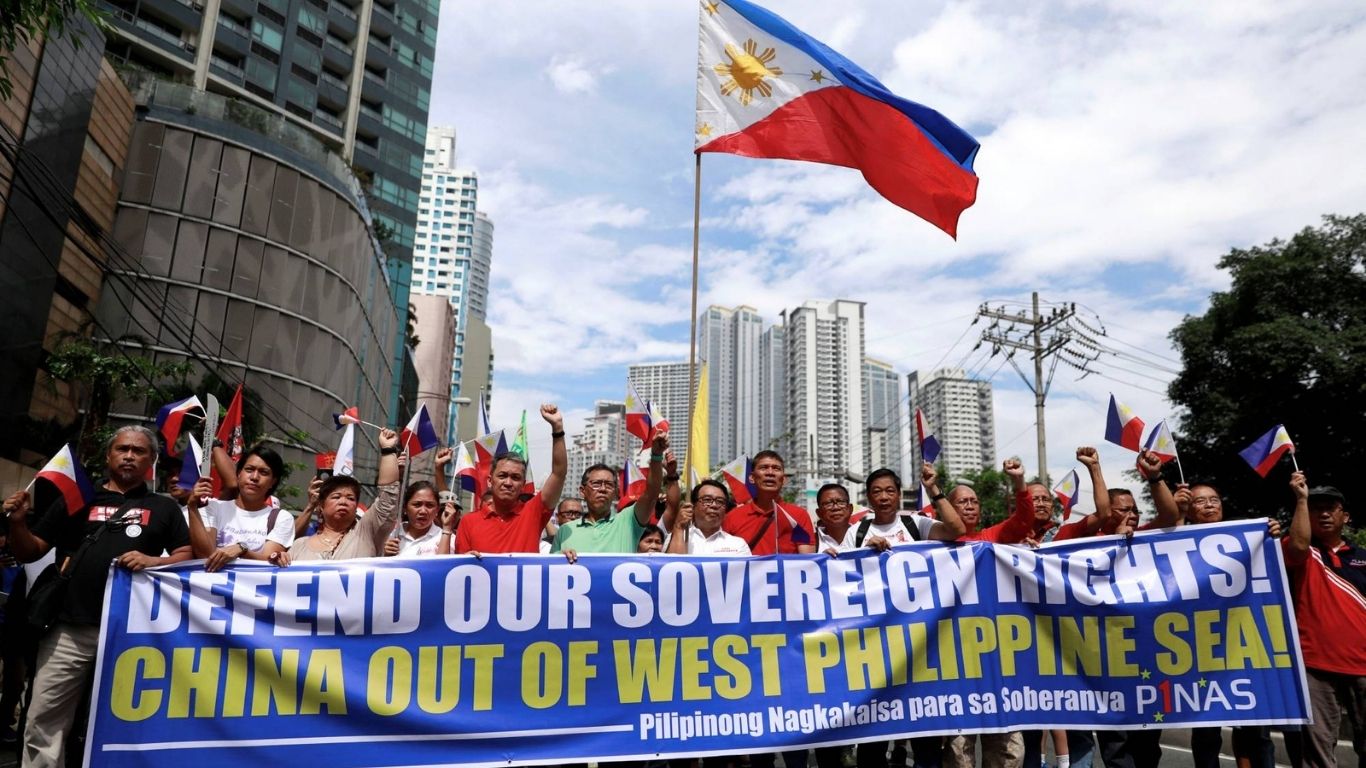North Korea’s unusual silence after South Korean President Yoon Suk Yeol declared martial law on December 3, 2024, marked a strategic shift. Protests erupt in South Korea, and Pyongyang refrains from general propaganda attacks. Focusing on domestic problems instead.Analysts attribute this to fears of inspiring unrest within North Korea, preparation for potential security threats, and a broader policy shift stemming from its 2023 constitutional amendment that labeled South Korea a “belligerent state.”
When North Korea eventually responded, it condemned Yoon’s actions but avoided broadcasting images of public resistance, reflecting its intent to distance itself from the South. This episode highlights a growing hardline stance, with Pyongyang treating Seoul as a hostile rival rather than a potential partner for reunification.
How Pyongyang’s Unusual Quietude Reflects its Evolving Policy Toward Seoul
The declaration of martial law by South Korean President Yoon Suk Yeol on December 3, 2024, sent shockwaves across the Korean Peninsula and beyond. It is considered a major change in the political landscape in the South as protests erupt against what critics see as excessive authoritarianism. But in that voice, instead, one voice was clearly missing. That’s the sound of North Korea. Pyongyang is usually quick to attack signs of unrest in South Korea as a propaganda tool to increase its legitimacy. Uncharacteristically, he refrained from expressing his opinion for several days. The government’s silence was so remarkable that it raised questions about the motives behind this change in behavior among analysts and observers.
Only on December 11, almost a week after the initial announcement, North Korean state media breaks its silence by condemning Yoon’s administration.This delay is significant, given Pyongyang’s long history of exploiting political instability in South Korea. Analysts suggest the regime’s hesitance stems from a confluence of strategic, ideological, and domestic considerations, signaling a potential evolution in how North Korea approaches its southern neighbor.
The Expected Reaction That Never Came
North Korea’s propagandists are traditionally swift to respond to political turmoil in South Korea. Whether it is mass protests, corruption scandals, or leadership crises, Pyongyang often seizes such moments to portray the South as unstable, corrupt, and inferior to its own regime. In recent years, state-run media such as the Korean Central News Agency (KCNA) has not hesitated to amplify images of South Korean dissent, painting them as evidence of democracy’s failures and the supposed superiority of North Korean socialism.
President Yoon’s declaration of martial law seemed like the perfect opportunity for North Korea to exploit.The South Korean leader justified his dramatic move by citing the alleged influence of “anti-state forces” and “North Korean communist forces” within protest groups in the country. There is even a message that might enter into anti-Southern rhetoric from Pyongyang. and widespread public protests erupted in South Korea Including the erosion of democratic freedoms by protesters. They condemned what they had seen. But KCNA remained silent during the first weeks of the crisis. Instead of commenting on the unrest in Seoul, North Korean media focused on domestic stories, such as the inauguration of a condiments factory and a youth group’s patriotic activities.
Theories Behind North Korea’s Silence
One prominent theory suggests that Pyongyang chose to remain silent to avoid inspiring dissent among its own citizens. Images of South Koreans standing up to their government could potentially resonate with discontented North Koreans, many of whom already face severe economic hardships and repression. By refraining from broadcasting such scenes, the regime may have sought to limit the risk of unrest spreading across the border.
However, some experts, such as Goo Gap-woo, a professor of diplomacy at the University of North Korean Studies in Seoul, argue against this interpretation. According to Goo, the North Korean government tightly controls the flow of information to its citizens and does not rely on silence to prevent ideological contamination. Instead, he believes Pyongyang’s muted response reflects a broader strategic calculation.
Another theory is that North Korea’s silence is a strategic move aimed at preparing for potential security threats. The South Korean government may attempt to distract from the domestic turmoil by increasing tensions with North Korea through intense pressure. to predict such situations, Pyongyang may focus on domestic military preparations rather than rhetorical attacks. This explanation is consistent with observations of increased military activity in North Korea during the same period. Analysts noted that the government appears to be stepping up its defenses. It tends to deter provocations from right-wing parties or their allies.
The “Two Koreas” Doctrine
A third explanation lies in a significant policy shift announced by Pyongyang in late 2023. That year, North Korea amended its constitution to formally recognize South Korea as a “belligerent state,” marking a departure from its previous view of the two Koreas as part of a single, reunifiable nation. Under this new framework, the North appears to be distancing itself from the South, treating it as a hostile foreign state rather than a wayward sibling.
This shift in perspective may explain why North Korea chose to stay silent during the initial stages of the South’s political crisis. By refraining from commenting, Pyongyang could signal that it no longer sees itself as inherently tied to Seoul’s internal affairs.
Andrei Lankov, a historian and professor at Kookmin University in Seoul, noted this trend. “There has been a gradual reduction in the amount of coverage North Korea provides about the South in its state media,” he explained. “They want to position the South as just another country, not a special case.”
Breaking the Silence
After a week of speculation, North Korea finally addressed the South’s political turmoil on December 11. In a report published by KCNA, the regime unleashed its usual vitriol, describing President Yoon’s declaration of martial law as a “fascist dictatorship” and a “disaster” for South Korea. The report accused the South Korean military of acting as a “gangster organization” and claimed that public outrage against Yoon was overwhelming.
The interesting thing is the report does not include a picture of South Korean civilian resistance to the military. It was an omission that some analysts interpreted as a calculated choice to avoid provoking similar behavior in North Korea. KCNA’s report ultimately aligns with Pyongyang’s traditional rhetoric, though. But the initial delays and the manner in which the crisis was reported Instead, he suggested a more cautious and thoughtful approach.
Implications for Inter-Korean Relations
The events surrounding South Korea’s martial law declaration highlight the evolving dynamics between the two Koreas. North Korea’s muted response underscores a shift away from its historical approach of using South Korean crises as propaganda fodder. Instead, Pyongyang appears to be prioritizing its own domestic stability and strategic positioning.
This development has significant implications for the future of inter-Korean relations. By framing South Korea as a “belligerent state” rather than a potential partner for reunification, North Korea is signaling a more hardline stance that reduces the likelihood of dialogue or cooperation.
Moreover, Pyongyang’s focus on internal preparations for potential conflict suggests that it views the South not just as an ideological rival but as a genuine security threat. This perception may exacerbate tensions on the peninsula, particularly if South Korea’s political instability persists.
Conclusion
North Korea’s unprecedented silence during South Korea’s political crisis It reflects a strategic shift in the regime’s approach to its southern neighbor. whether it was motivated by concerns about domestic stability; Preparing for potential security threats or broader ideological drives Pyongyang’s behavior also marks a departure from the traditional playbook.As the Korean Peninsula struggles with political and military uncertainty, the impact of this shift is likely to shape the region’s future. For now, North Korea’s silence speaks to the priorities and challenges ahead for inter-Korean relations.




